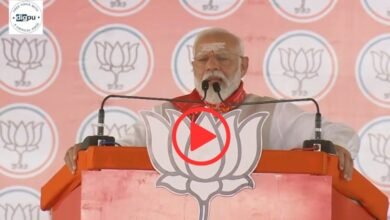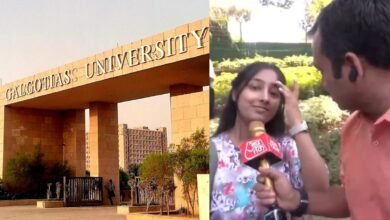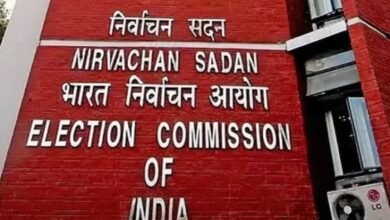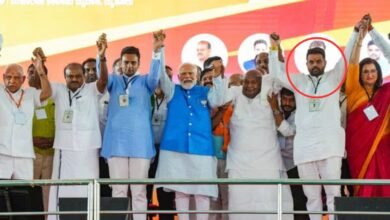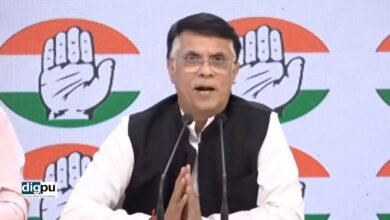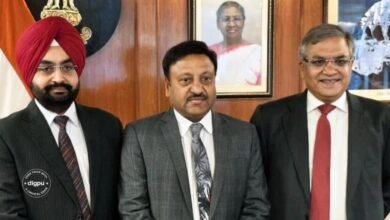Delhi High Court Rejects Plea for 6-Year Poll Ban on PM Modi
Justice Sachin Datta Dismisses Petition Alleging Violations of Model Code of Conduct, Emphasizes Court's Limitations in Directing Election Commission.
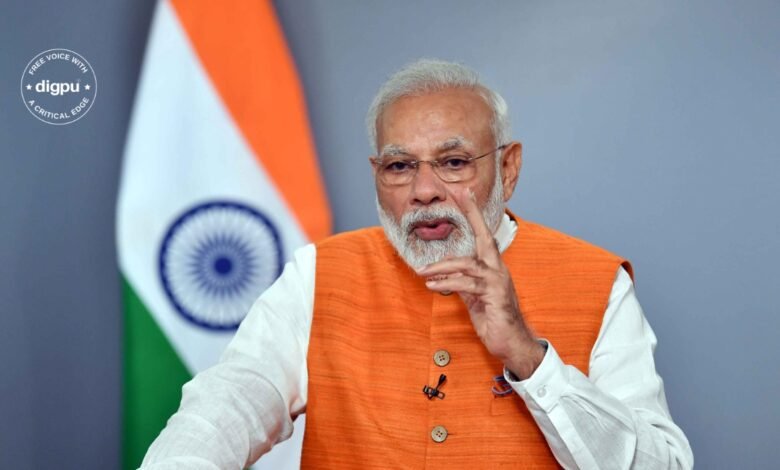
New Delhi, 29 April 2024: The Delhi High Court has rejected a petition seeking a six-year ban on Prime Minister Narendra Modi from contesting elections, alleging violations of the Model Code of Conduct (MCC) by invoking religious sentiments. Justice Sachin Datta dismissed the plea, emphasizing that the court cannot direct the Election Commission of India (ECI) to act in a particular manner.
The petition, filed by Advocate Anand S Jondhale, referenced a speech delivered by PM Modi in Pilibhit, Uttar Pradesh, where he allegedly sought votes in the name of Hindu and Sikh deities and their places of worship. Jondhale argued that such statements incited disharmony and violated electoral guidelines.
In response to the plea, the court noted the submission by the ECI’s counsel, Siddhant Kumar, assuring that the Commission would consider the petitioner’s representation in accordance with the law.
“The present writ petition is thoroughly misconceived. The petitioner presupposes that there has been a violation. It is not permissible for this Court to direct the ECI to take a particular view,” Justice Sachin Datta remarked while dismissing the plea.
Advocate Siddhant Kumar, representing the ECI, informed the court that the poll body receives similar applications daily and would take appropriate action as per legal procedures.
The petitioner had approached the ECI with a request to register a First Information Report (FIR) against the Prime Minister under Section 153A of the Indian Penal Code (IPC), alleging promotion of enmity between religious groups. Additionally, the petitioner sought Modi’s disqualification from contesting elections for six years.
Jondhale contended that PM Modi’s statements violated the MCC, specifically rules prohibiting appeals to caste or community feelings for securing votes and the use of places of worship for election propaganda.
While dismissing the plea, the High court’s decision underscores the complexities of addressing allegations of electoral misconduct and the limitations of judicial intervention in matters concerning the functioning of election authorities.
